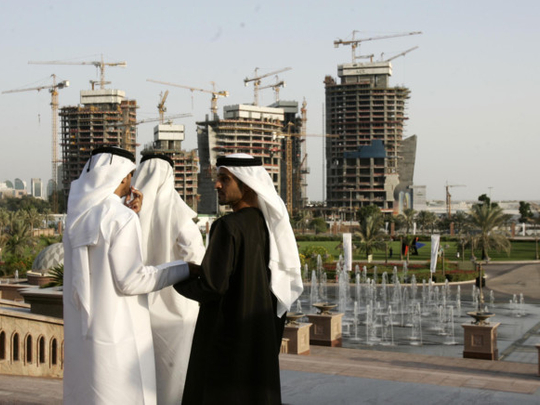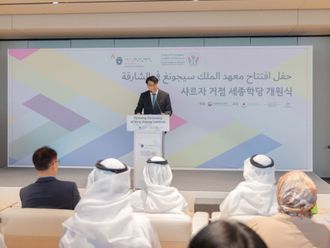
The economy will grow at a faster pace in 2013 (at 3.5 per cent) than in 2012, but the pace of growth will be moderate, owing to the uncertain global environment and the Eurozone crisis.
On the demand side, growth will be driven by a rise in private consumption and increased government spending as the federation forges ahead with its economic diversification programme, while simultaneously, increasing investment in oil and gas.
On the supply side, a rise in oil output, industrial production and robust performance of the service sector will contribute to the increase in economic growth.
Tourism, banking, energy and petrochemicals will be key sectors going forward. We expect property prices to continue to decline, especially in Abu Dhabi, and this will help to maintain the low rate of inflation that the UAE has witnessed since 2009.
This will also be aided by the fall in non-oil commodity prices, especially food prices.
High oil prices will ensure that the fiscal account remains in surplus, although the surplus will narrow in 2013 as the government increases social spending in light of the ongoing regional unrest.
The current-account surplus is also forecast to narrow in 2013, primarily owing to a contraction in the services deficit as imports of services increase, in line with a rise in goods imports.
The country’s external debt stock will remain high as debt-laden Dubai government-related entities continue to issue new debt to pay off existing debt. Although the risk of another major default is low, and investor confidence has risen substantially, the shadow of another default will hang over the financial sector. This could be exacerbated by the crisis in Europe, owing to which debt-laden Dubai companies may find it more difficult to issue new debt.
Overall, the economy will perform well in 2013, buttressed by high oil prices as well as the UAE’s large stock for foreign assets.
— The writer is Editor, Middle East, Economist Intelligence Unit












